General description
Biotin is a water-soluble vitamin. Mammals depend on biotin via plant and microbial dietary sources. Biotin consists of two rings that are attached to valeric acid moiety as a side chain. One of the rings is attached to ureido group and the other ring is the tetrahydrothiophene group.
Application
Biotin may be used to elute proteins from avidin/streptavidin resins. Biotin has been used:
- for culturing of oligodendrocytes.
- as a vitamin supplement for the growth of Bacillus species.
- for blocking endogenous biotin during immunohistology procedures.
Biochem/physiol Actions
Biotin is a small molecule and its presence with biologically active macromolecules does not affect the biological function of the macromolecule. The biotin-(strept)avidin system are is required for various applications. Biotin also works as a cofactor/coenzyme of carboxylating enzymes, such as pyruvate carboxylase, acetyl-CoA carboxylases 1 and 2, 3-methylcrotonyl-CoA carboxylase (MCC), and propionyl-CoA carboxylase (PCC). It catalyzes the formation of oxaloacetate from pyruvate and CO2. Biotin conjugation with avidin or streptavidin helps in linking the target molecule (antibody, nucleotide, protein A, etc.) with the labeling system (enzyme, fluorescent, chemiluminescent probes). This complex is used for many detection systems, such as immunoassays, DNA hybridization assays, immunohistochemistry, and flow cytometry. This approach is also applied for to the purification and characterization of various molecules of interest. Biotin is involved in the epigenetic regulation of genes, cell signaling, and the structure of chromatin.
- UPC:
- 51281612
- Condition:
- New
- Availability:
- 3-5 Days
- Weight:
- 1.00 Ounces
- HazmatClass:
- No
- MPN:
- B4501-10G
- CAS:
- 58-85-5












